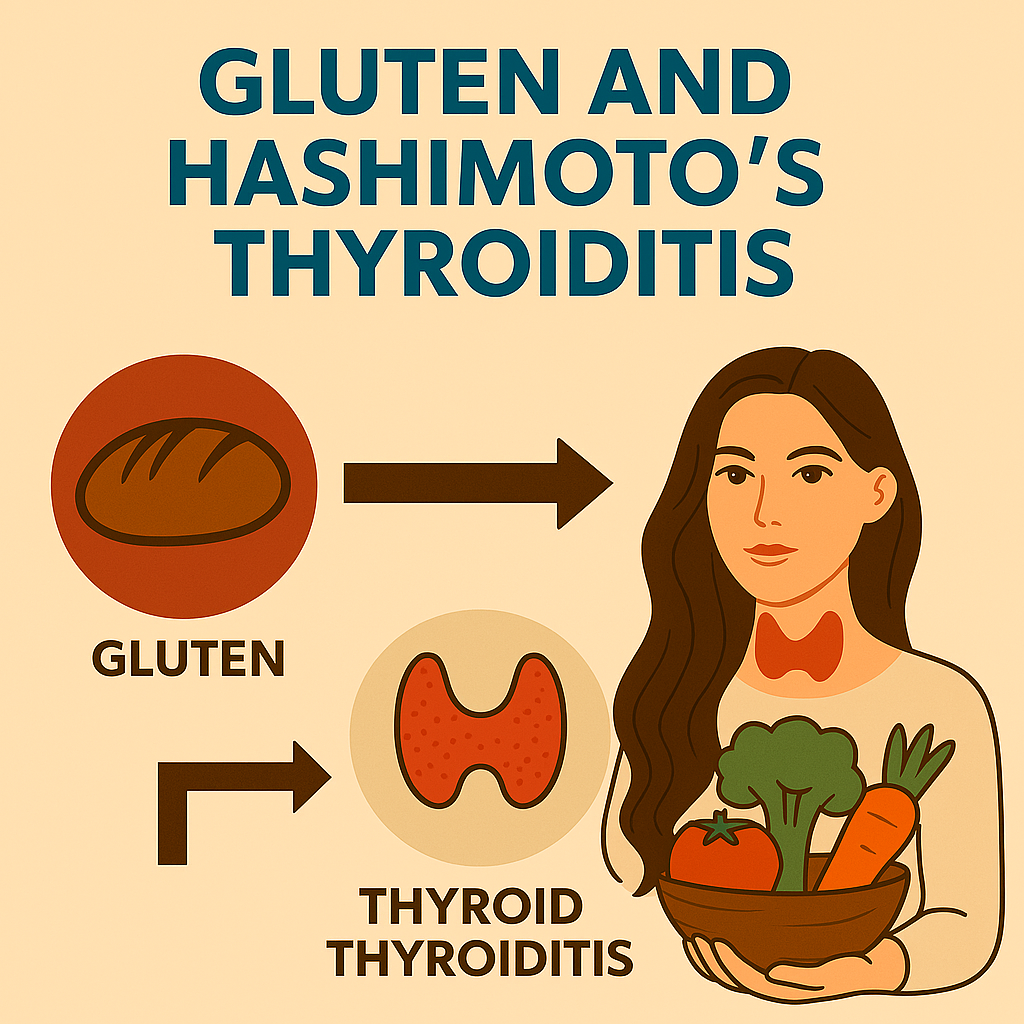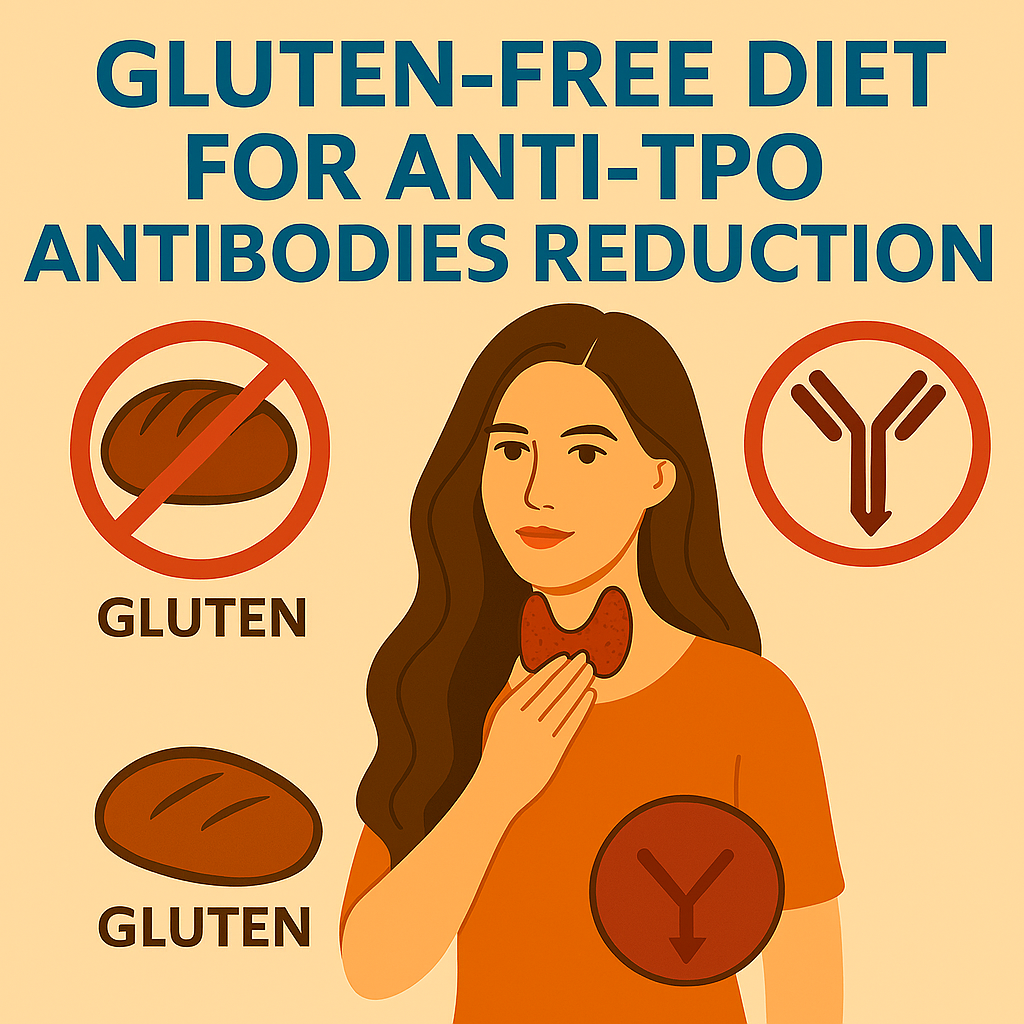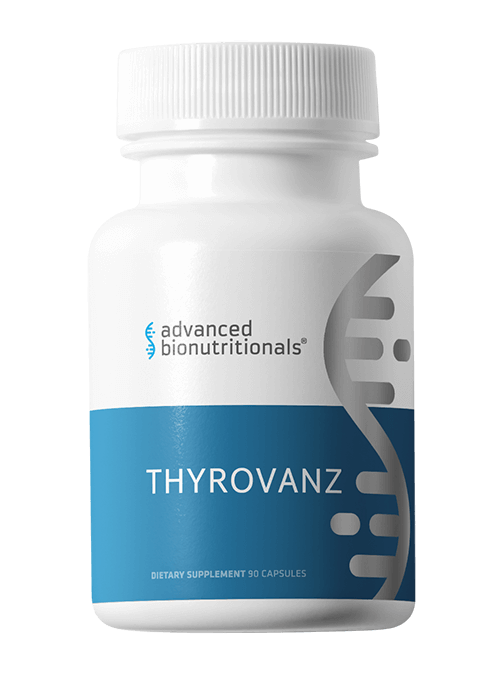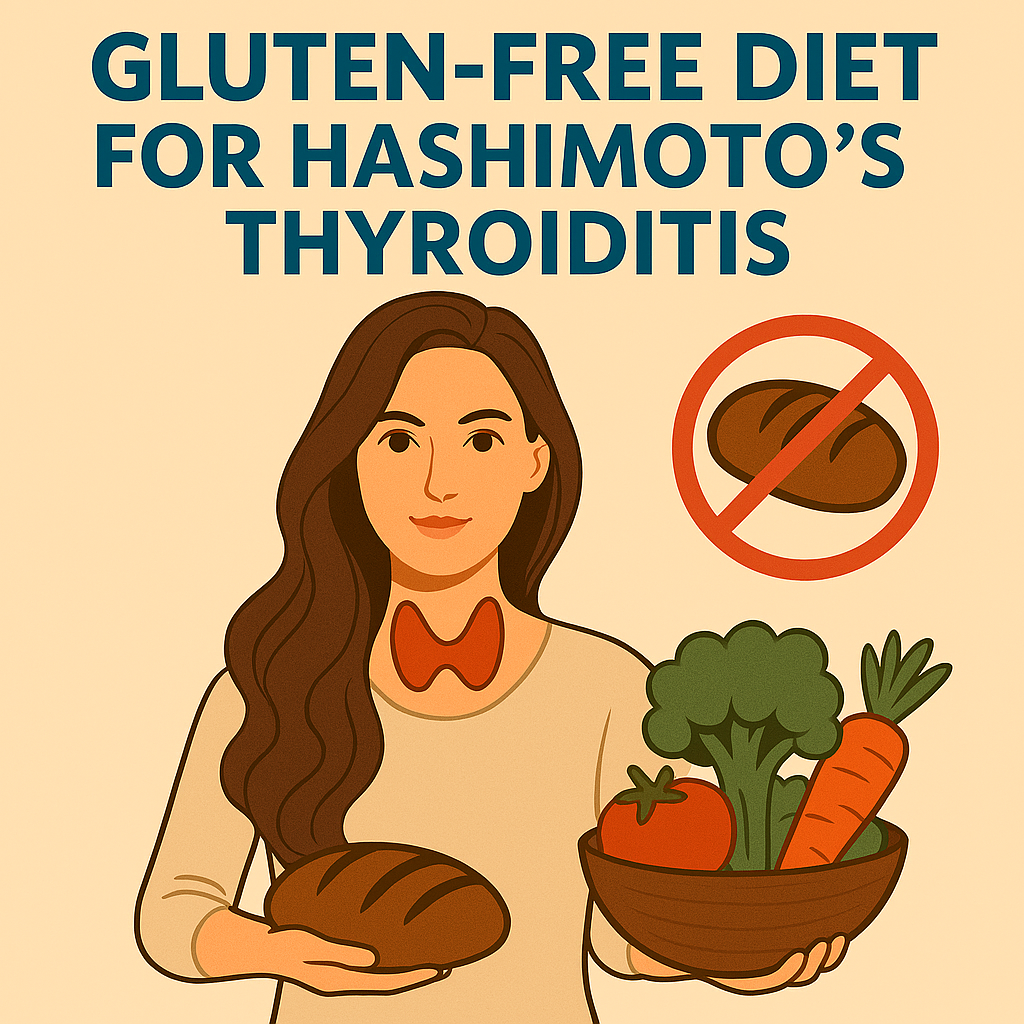Last Updated on September 13, 2025 by Irshad Quadri
Introduction
Can a Gluten-Free Diet Help Hashimoto’s Thyroiditis? 🤔
If you’re feeling low on energy, dealing with unexplained weight gain, or struggling with thyroid imbalances, you’re not alone. Hashimoto’s thyroiditis is on the rise globally, and many patients are turning to natural solutions. One such trending approach is a gluten free diet for Hashimoto’s thyroiditis.
But wait – does ditching gluten actually make a difference? 🧐 According to multiple studies, including this 2018 clinical review on thyroid and gluten connection, gluten can trigger an immune response in people with autoimmune thyroid conditions like Hashimoto’s – especially those with celiac disease or hashimoto’s non-celiac gluten sensitivity.
In fact, many patients see a drop in their anti-TPO antibodies after going gluten-free. Want a real-life example? I’ve shared my detailed experience here: Gluten-Free Lifestyle Review – Is It Worth It?
In this blog, we’ll dig deeper into:
- Which gluten free foods support thyroid health 🥦
- What researchers and experts say
- How to make it affordable and practical
- And how I personally felt better by switching to a gluten free diet for Hashimoto’s thyroiditis.
Ready to explore the healing side of going gluten-free? Let’s find out if this dietary shift can really bring your thyroid back into balance 🔍.
Table of Contents

What is Hashimoto’s Thyroiditis?
What is Hashimoto’s Thyroiditis? 🧠
Hashimoto’s thyroiditis is an autoimmune disorder where your immune system mistakenly attacks the thyroid gland. This ongoing attack leads to reduced thyroid hormone production, disrupting metabolism, mood, and energy balance.
In most cases, the body generates anti-TPO antibodies that harm thyroid cells. TPO (thyroid peroxidase) is a key enzyme involved in hormone production. When it’s impaired, symptoms such as the following may occur:
- Chronic fatigue and sluggishness
- Weight gain even with healthy habits
- Brain fog and poor memory
- Feeling cold even in normal temperatures
- Irregular periods, hair thinning
Recent clinical reviews and observational studies suggest that a gluten free diet for Hashimoto’s thyroiditis may reduce anti-TPO antibody levels, especially in patients showing gluten sensitivity or celiac markers. For instance, this 2021 study published in Nutrients supports dietary gluten elimination in autoimmune thyroid disorders.
We’ve explored this connection more deeply in our blog post: Gluten-Free Plant Sterols for Cholesterol – which shows how immune inflammation ties into food-based triggers.
So, if you’re seeking natural, side-effect-free ways to manage your thyroid health, paying attention to the gluten free diet for Hashimoto’s thyroiditis connection could be a key step in your healing journey.
What does Gluten mean?
What is Gluten and Why It’s a Concern? 🌾
Gluten is a protein commonly found in wheat, rye, and barley. It gives dough its elasticity—but for some, it causes more harm than help. Especially in individuals with autoimmune conditions like Hashimoto’s thyroiditis, gluten can aggravate inflammation and gut issues.
One key issue is leaky gut, where the intestinal barrier becomes compromised. Research from the journal Nutrients explains how gluten may increase intestinal permeability, especially in genetically predisposed individuals.
So, does gluten really trigger Hashimoto’s? The answer isn’t one-size-fits-all. However, various studies and patient experiences show that gluten elimination may reduce symptoms, particularly in people with elevated anti-TPO antibodies or non-celiac gluten sensitivity.
If you’re unsure whether you should go gluten-free, we’ve broken it down in our guide: Gluten-Free Cholesterol Lowering Foods – a must-read for anyone exploring gluten-free lifestyles for thyroid or heart health.
Overall, if you have Hashimoto’s, trying a gluten-free diet under supervision could be a game-changer. Just make sure to track your symptoms and test markers over time for a personalized approach.
Gluten and Hashimoto’s Connection

Real Connection Between Gluten & Hashimoto’s (with Science) 🔍
When we talk about Hashimoto’s thyroiditis, one lesser-known but critical factor is non-celiac gluten sensitivity (NCGS). This is a condition in which individuals react negatively to gluten even though they don’t have celiac disease. Symptoms range from bloating and fatigue to joint pain and brain fog.
Gluten can irritate the intestinal lining in NCGS, leading to a leaky gut. This allows toxins and particles to enter the bloodstream, triggering immune overactivity. For patients with Hashimoto’s thyroiditis, this immune surge often leads to increased production of anti-TPO antibodies, worsening thyroid inflammation.
In a clinical study published in the journal Nutrients, researchers in Italy found that 43% of Hashimoto’s patients had markers of gluten sensitivity without celiac disease. After switching to a gluten free diet for Hashimoto’s thyroiditis, participants reported reduced anti-TPO antibodies, fatigue, and gut discomfort.
If you’re unsure whether gluten is affecting your thyroid, an elimination trial (guided by your doctor) can help. You can also explore foods that reduce internal inflammation naturally in this post: 5 Home Remedies to Reduce Cholesterol Naturally – many of which support a thyroid-friendly, gluten-free lifestyle.
While the gluten free diet for Hashimoto’s thyroiditis may not work the same for everyone, it is worth trying if you have persistent symptoms despite medication. Think of it as a simple diagnostic tool – and potentially, a healing path.
Who Should Try a Gluten-Free Diet for Hashimoto’s?

Who Should Try a Gluten-Free Diet for Hashimoto’s? ✅
A gluten-free diet for Hashimoto’s thyroiditis isn’t for everyone – but in some cases, it’s a game-changer. Research and patient experiences suggest that certain groups respond much better to gluten elimination.
- People diagnosed with both Hashimoto’s and celiac disease – gluten-free is medically essential.
- Patients who experience bloating, IBS-like symptoms even after taking thyroid meds.
- Those with consistently high anti-TPO antibodies who don’t respond well to levothyroxine alone.
- Anyone with a family history of gluten intolerance or autoimmune issues.
According to a report from Healthline, many Hashimoto’s patients report reduced brain fog and fatigue on a gluten-free diet. However, it’s also noted that results vary from person to person.
If you’re unsure, try a 6-week gluten elimination trial. Track your symptoms – energy, digestion, mood – and reintroduce gluten slowly to check response. This process works best when guided by a nutritionist or doctor.
Your body gives the best answers. For more clarity, also check out this post: Honest Gluten-Free Lifestyle Review – Is It Worth It? where I’ve shared real results and mindset shifts.
Gluten Free Diet for Thyroid (Hashimoto’s)
Gluten-Free Diet for Thyroid (Hashimoto’s) – Does It Really Work?
Nowadays thyroid problems, especially Hashimoto’s thyroiditis, have become very common – and people remain confused as to whether a gluten-free diet really makes a difference. Is it? If you are also facing the same confusion – then you have come to the right place. 🧠💡
Research suggests that gluten intolerance can be a major reason for increased autoimmunity in Hashimoto’s. And this is where gluten-free diet enters. But is this diet effective for everyone? Is it just a myth? Are there any side effects?
In this blog, we will talk about what the science of gluten-free diet says for Hashimoto’s, real-life experiences of people, expert tips, and whether you should try it or not. We will also share some trusted resources and personal recommendations based on real research.
So, if you want a natural and long-term solution to manage thyroid, especially Hashimoto’s disease, then let’s explore the gluten-free path together!
Understanding Gluten and Thyroid Connection – What Science says?
How Gluten Affects Thyroid Health – Science Behind It
Do you know that gluten free diet for thyroid patients is not just a trend but a lifestyle change based on proven science? Hashimoto’s thyroiditis is an autoimmune disease in which the body starts damaging its own thyroid gland. Gluten contains a protein – gliadin, whose molecular structure is similar to that of thyroid tissue. So when we eat gluten, the immune system gets confused and mistakenly attacks the thyroid cells as well.
A study published on NCBI showed that following a gluten-free diet reduces Hashimoto’s symptoms and lowers antibody levels. This research shows that a targeted diet can help control inflammation – the biggest enemy of the thyroid.
My blog readers also agree with this. Take an example from Gluten-Free Lifestyle Review – I have shared here how avoiding gluten boosted people’s energy, reduced brain fog and stabilized thyroid levels.
How Gluten Free diet may support hypothyroidism?
How Gluten-Free Diet May Support Hypothyroidism
A gluten-free diet is not just for celiac or gluten sensitivity. Many case studies and health experts agree that avoiding gluten may help with Hashimoto’s thyroiditis as well. Why? Because Hashimoto’s is an autoimmune condition and gluten can increase gut inflammation, which triggers an even stronger immune response.
According to the Mayo Clinic, some people may have a genetic link between Hashimoto’s and Celiac. That’s why doctors recommend that if digestive symptoms are accompanied by thyroid problems, a gluten test should be done once.
In a gluten-free diet, you can easily include options like vegetables, fruits, brown rice, quinoa, lean protein – which are also good for thyroid function.
Is Gluten Affecting your Thyroid?

Is Gluten Affecting Your Thyroid?
Who may be unknowingly affected by gluten – especially if they have undiagnosed gluten sensitivity or an autoimmune condition. If you have hypothyroidism and your symptoms are not getting better despite medication, look for these signs:
- Persistent Fatigue: Do you feel tired even after sleeping?
- Stomach Issues: Do you feel like you have frequent bloating, constipation, or IBS?
- Brain Fog: Do you not concentrate or find it difficult to take decisions?
- Skin Problems: Rashes, acne, or dry skin without reason?
- Joint Pain: Swelling or joint pain in the body pain, especially in the morning time?
- Unstable Thyroid Reports: TSH sometimes high, sometimes low, even with regular dosage?
All these symptoms can indicate that your body is reacting to inflammation in the presence of gluten – due to which both your immune system and thyroid can be disturbed.
A small dietary shift – gluten-free cholesterol-lowering diet – can give you noticeable relief.
Benefits of Gluten Free Diet
Benefits of a Gluten-Free Diet in Hashimoto’s Thyroiditis
Hashimoto’s thyroiditis is an autoimmune condition in which the body attacks its own thyroid gland. Research suggests that a gluten-free diet may reduce inflammation, which helps naturally control Hashimoto’s symptoms.
When you go gluten-free, both leaky gut and autoimmunity improve. Especially for those people who have symptoms of celiac disease, the benefit is double. The fatigue and brain fog of such patients is significantly reduced.
Read my honest journey of going gluten-free here – this personal experience will give you real life results.
According to a scientific study by NCBI, following a gluten-free diet reduced thyroid antibodies levels in Hashimoto’s patients. This result is considered promising for long-term management.
How to Start?
How to Start a Gluten-Free Diet for Thyroid Health
Starting gluten-free may seem confusing at first, but if you’re a thyroid patient (especially Hashimoto’s), it can be a smart move. Here is a beginner guide that will be helpful for you:
- Step 1: Remove wheat, barley, and rye products from your kitchen – roti, bread, pasta, semolina, etc.
- Step 2: Choose replacements for these – gluten-free atta, rice, millet (bajra, jowar), quinoa, teff (check Teff blog).
- Step 3: Make it a habit to check the “gluten-free” label on packaged foods – sauces, soups, snacks, everything.
- Step 4: Start small – replace one meal at a time and slowly become completely gluten-free.
- Step 5: Keep an eye on your thyroid test results. If antibodies or symptoms improve, then lifestyle change is worth it.
Gluten-free lifestyle doesn’t have to be boring – Quick Gluten-Free Breakfast Ideas try it and see the magic for yourself!
Interaction between Thyroid Medications and Gluten
Thyroid Medications and Gluten – What is the Interaction?
Gluten-free diet for thyroid patients plays an important role especially when it comes to medication absorption.Medicines like Levothyroxine, which are commonly used in hypothyroidism, are absorbed in the intestine. If you are gluten-sensitive or have gluten intolerance, the gut lining can be damaged.
Result? Your thyroid medication will not be as effective as it should be. This is why many people report better energy and balanced thyroid levels after becoming gluten-free.
In our blog “Honest Gluten-Free Lifestyle Review” we have also discussed some such cases where thyroid patients got noticeable relief by living gluten-free.
FAQs
Frequently Asked Questions (FAQs)
Conclusion

Final Words – Should You Go Gluten-Free?
Going gluten-free isn’t just a trend—it’s a lifestyle choice that can transform your health, especially if you’re struggling with gluten intolerance, celiac disease, or autoimmune disorders like hypothyroidism.
But remember, not all gluten-free products are created equal. The best results come when you combine natural, whole, gluten-free foods with proper guidance and personal awareness.
So is it worth it? 💯 Yes — if you’re committed to a healthier, more conscious lifestyle.
My Recommendations

🧪 Thyroid Support That Works: Try Thyrovanz®
Struggling with thyroid health? Discover the natural glandular supplement trusted by many to restore energy, metabolism, and well-being. No prescription required.
- 💚 Made from New Zealand bovine thyroid gland
- 💚 Supports metabolism, weight control, and energy
- 💚 100% natural, non-synthetic ingredients
Affiliate Disclosure
This blog contains affiliate links, meaning I may earn a small commission if you purchase through these links, at no extra cost to you. I only recommend products I trust and believe will benefit my readers. Your support helps keep this site running—thank you!

About the Author
Irshad Quadri is a Health & Wellness blogger who simplifies topics like cholesterol management, weight loss, and heart health for everyday readers. On iq4u81.blog, he shares science-backed diet tips, easy recipes, and practical guides to help people live healthier — without losing the joy of food.


